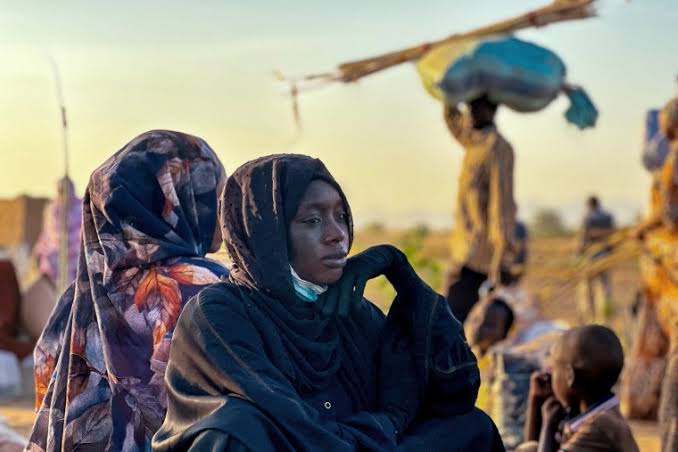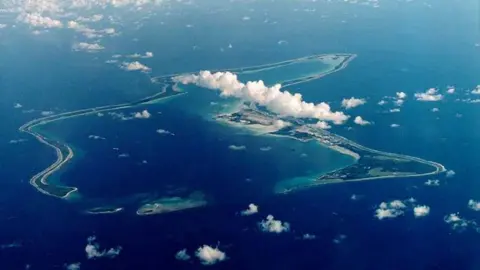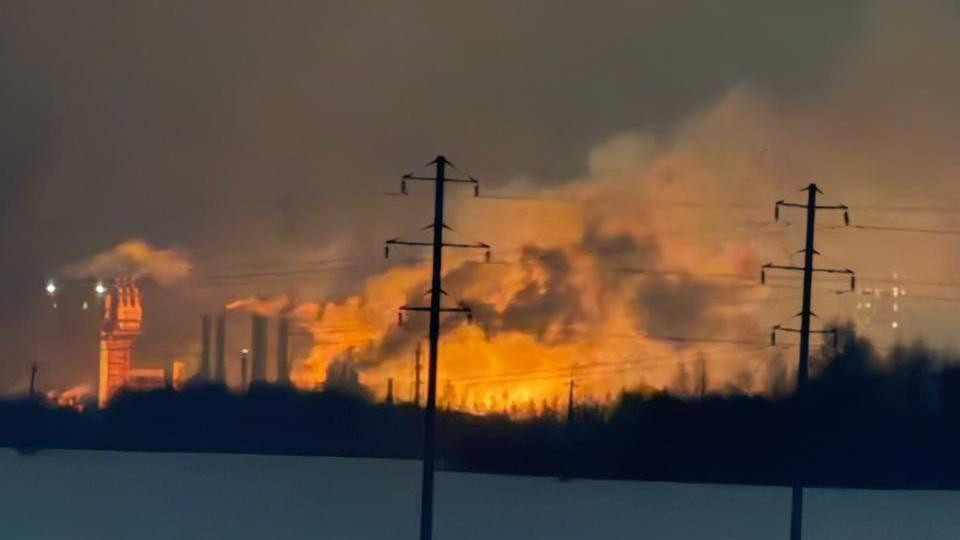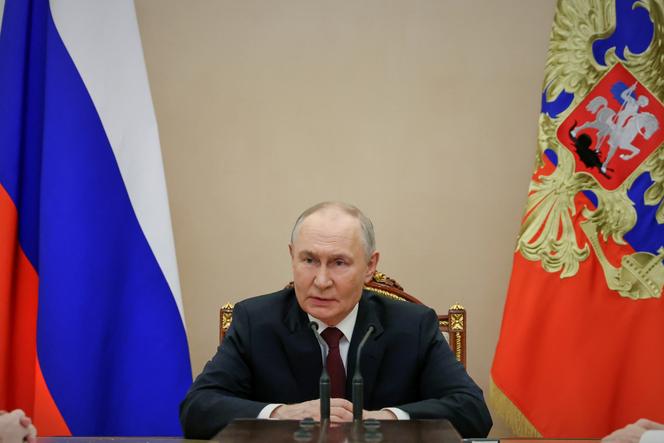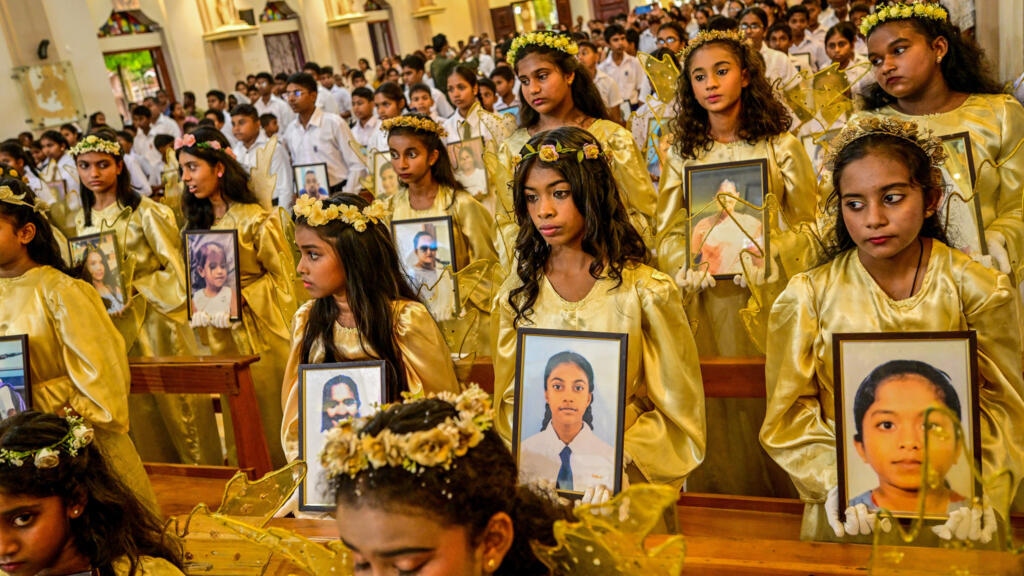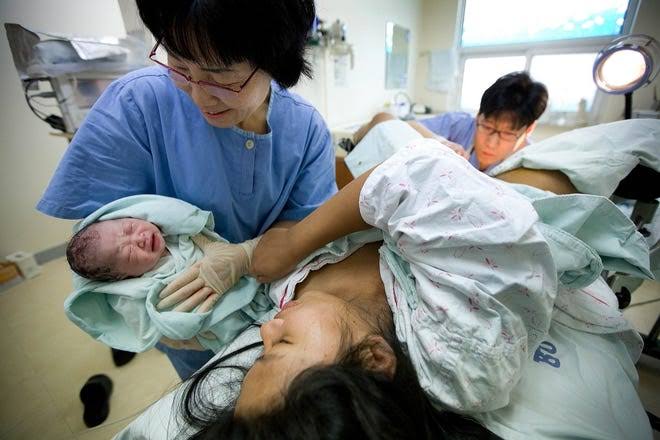The International Criminal Court (ICC) says it is gathering evidence of alleged mass killings and sexual violence following the seizure of al-Fashir, the last military stronghold in Sudan’s Darfur region, by the paramilitary Rapid Support Forces (RSF).
In a statement released Monday, ICC prosecutors confirmed they had opened an active phase of evidence collection tied to recent atrocities in the city, which fell to the RSF late last month. “Within the ongoing investigation, the office is taking immediate steps regarding the alleged crimes in al-Fashir to preserve and collect relevant evidence for its use in future prosecutions,” the statement said.
The ICC has been investigating genocide, war crimes, and crimes against humanity in Darfur since 2005, when the United Nations Security Council referred the situation to The Hague-based court. The original probe centered on atrocities committed during the early-2000s conflict between Sudanese government forces and allied Arab militias, known as the Janjaweed.
Read Also: RSF Detention Of Muammar Ibrahim Sparks Calls For Release
The renewed focus on al-Fashir marks a significant escalation in the court’s work amid Sudan’s ongoing civil war, which erupted in 2023 between the Sudanese Armed Forces (SAF) and the RSF. Prosecutors say they are now prioritizing evidence preservation to ensure accountability for the latest wave of violence.
According to the United Nations and humanitarian agencies, more than 70,000 residents have fled al-Fashir since the city fell. Witnesses told Reuters that RSF fighters separated men from their families before executing them, while women and children were forced to flee on foot.
Experts have warned that the alleged abuses in al-Fashir bear striking similarities to the violence that swept through Darfur two decades ago, when mass killings and rapes led to the deaths of hundreds of thousands. The fate of nearly 200,000 civilians believed to be trapped in the city remains unclear.
Mirjana Spoljaric, head of the International Committee of the Red Cross (ICRC), told Reuters over the weekend that “history is repeating itself in Darfur,” adding that the RSF’s control of al-Fashir now gives it effective command over more than a quarter of Sudan.
Last month, the ICC secured a landmark conviction against a former Janjaweed militia leader, the first individual ever found guilty for crimes committed during the original Darfur conflict over 20 years ago. The verdict was hailed as a breakthrough in efforts to hold those responsible for mass atrocities to account.
The court, which has 125 member states, can prosecute individuals accused of war crimes, crimes against humanity, genocide, and in certain cases the crime of aggression. Its jurisdiction applies when offenses occur in a member state’s territory, are committed by its nationals, or when a case is referred by the UN Security Council, as in the case of Sudan.

